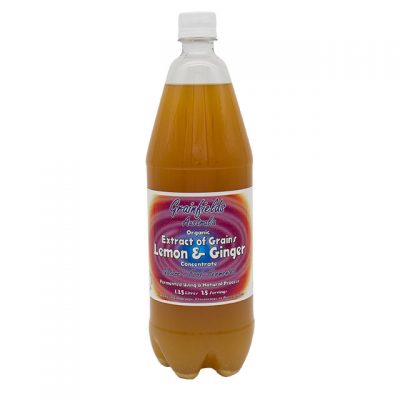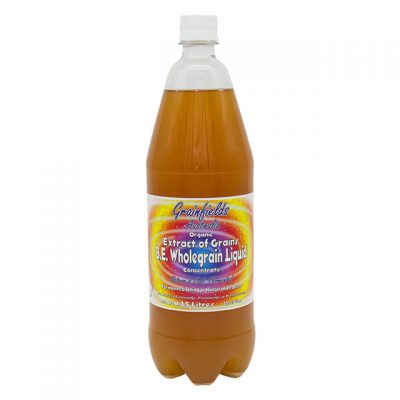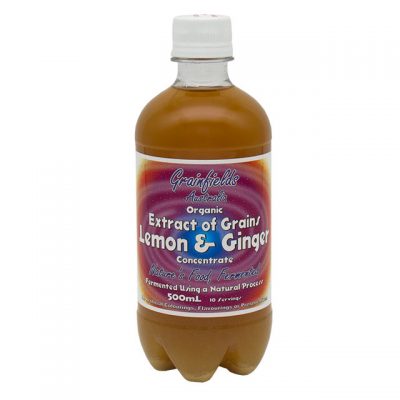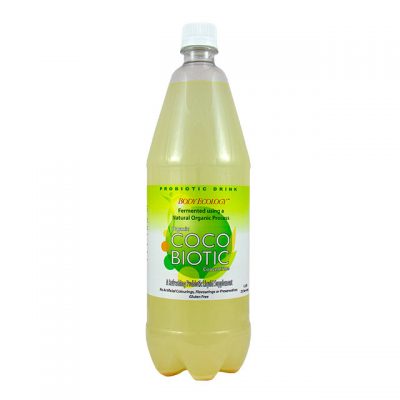What does GMO mean and why is there so much controversy about it? What does it mean to Australian consumers?
Whilst we humans have been manipulating the genes of plants and animals though natural methods such as cross pollination, grafting, crossbreeding and sexual reproduction for many years. This is very different to the genetic engineering technology used to produce GMOs.
GMO stands for ‘genetically modified organisms’. This means plants and animals which are created via the artificial means of transferring genes from another species to produce new characteristics such as higher yields, improved nutritional value or pest resistance.
Currently there are only two commercial GMO crops grown in Australia – GMO cotton and GMO canola. These oils are both found in many margarines and frying oils. Canola oil is commonly used in human food and the seed meal in animal feeds.
At the present time, no GMO fruit, vegetables, animals or fish are being grown or raised for food in Australia. Although, meat, dairy and eggs from animals fed imported GMO feeds and also other foods which may contain GMOs are now out there in the Australian food chain.
A Huffington Post article quoted Jessica Harrison Co Ordinator of GM Free Alliance Australia saying that “Genetically modified products are in an estimated of 60 percent of processed foods.“
Many processed foods on supermarket shelves may contain imported GMO ingredients. The most common ones are potato chips, margarine, mayonnaise, crackers, soy tofu, soy milk, soy flour, soy lecithin, soybean oil, pastries, chocolate which may contain GMO soya. Also fried foods, baked goods and snack foods which may contain GMO Canola Oil. There may be imported GMO corn in corn chips, corn oil, corn flour, corn syrup and in processed corn starch as a sweetener in drinks, sweets, bread, cakes, breakfast cereal, sauces and syrups.
Confusingly, many of these foods are unlikely to be labelled as containing GMOs. By law, food that contains GMOs or novel DNA are required to be labelled. Exemptions to this law have been made for GMO oils, starches, food additives and processing aids as it is believed these highly refined foods no longer contain the GMO protein. Meat, dairy and eggs from animals fed imported GMO feedstock are also not required to labelled as containing GMOs.
Fresh Australian grown fruits and vegetables and produce which is certified organic are not allowed any GMO inputs. This is why organic produce may be the best choice if you want to avoid GMOs.
All of the GMO organisms and foods approved in Australia by the Office of Gene Technology Regulator and FSANZ have been assessed by them as being safe. However, there are no long-term studies on the effects of GMO foods, as at this stage as this is new technology. A Choice poll found that 84% of Australians are concerned about eating food with GMO ingredients.
There is lots of information available, both for and against on the subject of GMO. So, in the end it probably comes down to doing some research and making your own informed decision.
Sources : www.huffingttonpost.com.au ; www.choice.com.au





